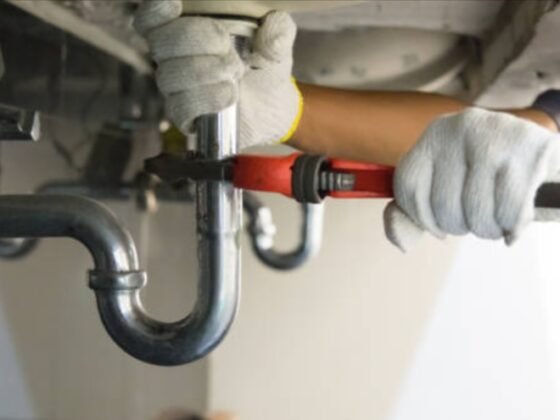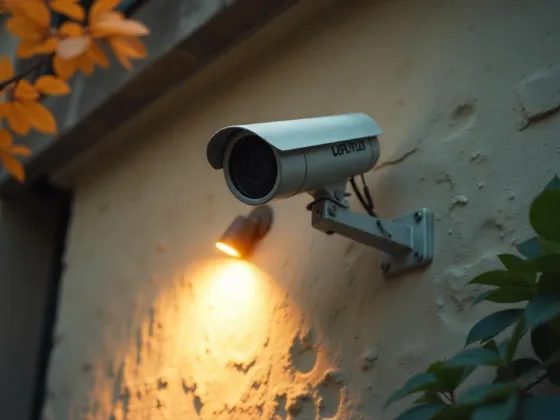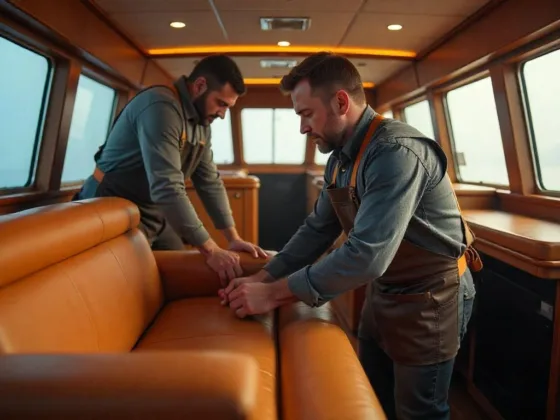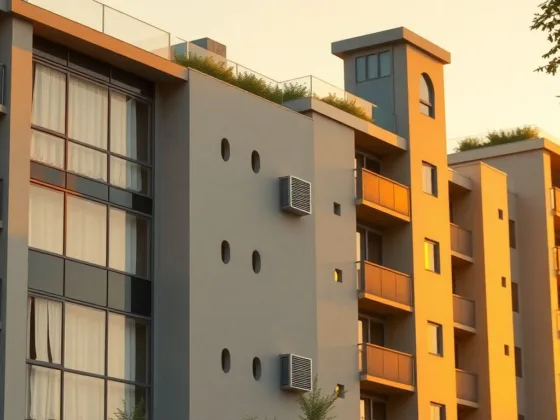Table of Contents Show
Water, one of the fantastic miracles, is the resource that runs life on Earth. It contains minerals like magnesium and calcium and the incredible quality to quench thirst.
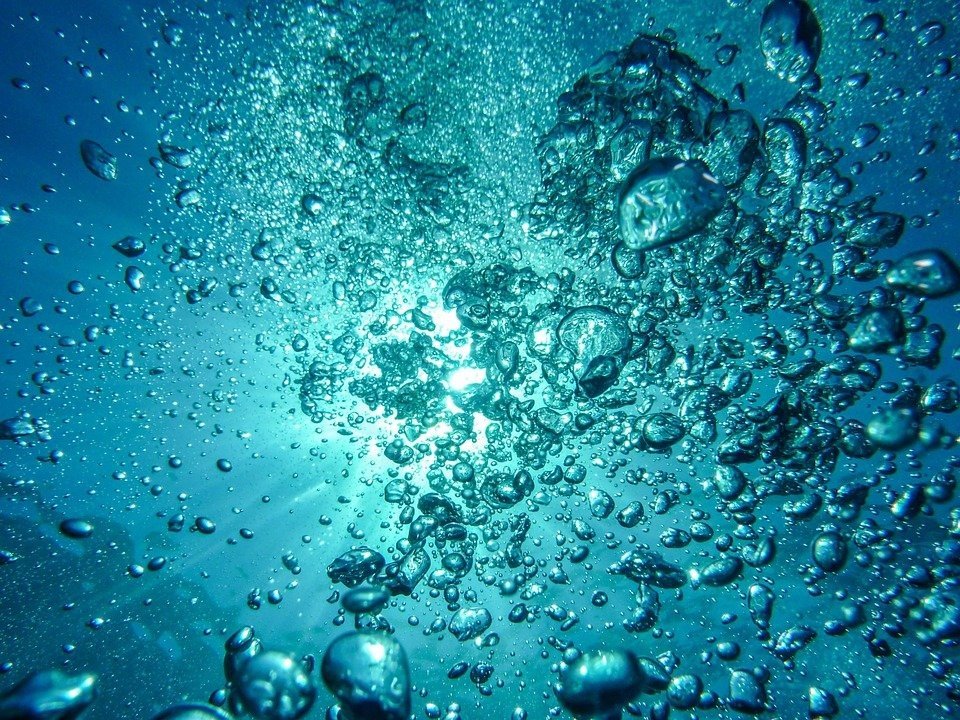
The hardness or softness of a water supply depends on its mineral concentration. Soft water has low calcium or magnesium concentration as compared to hard water.
When Should You Go for Soft Water?
It is not necessary to consume soft water. However, under some circumstances, experts recommend softening your water. If your water hardness is more than 7 grains per gallon or 120 mg/L, you should consider a water softener to ensure your appliances run well. It also improves the taste and smell of the water. All in all, the use of softened water can change your life!
Pros and Cons of Water Softening
If you are stuck in fuzz on whether you should opt for water softener installation, here are some pros and cons to decide better.
Advantages of Using Water Softeners
- Prolongs the life of some appliances
- Prevents build-up of minerals inside heaters and pipes
- Prevents mineral spots on the glassware
- Prevents or decreases soap films and detergent curds in bathtubs and sinks
Disadvantages of Using Water Softeners
- The potential negative impact of sodium
- This leads to corrosion of pipes
- Regular water testing of the softener is necessary
- Negative impact on the environment due to salts used
How to Choose the Right Water Softener Installation Service?
When you have finally decided to opt for a water softening system installation, it is now time to scan the ins and outs of this decision. Following are some essential guidelines to understand before you choose a water softening system:
Household Size and Water Usage
An average person typically uses 75 gallons of water each day. This means that a family of four would consume 300 gallons per day. If the family members take long showers or do laundry, this water usage goes as high as 100 gallons per person each day!
If you live in a location with a hard water supply, you may want to look into water softening services. The grain capacity of a water softener depends on how many grains of hard water minerals can be extracted before it regenerates. The softener will perform efficiently and cost-effectively when it renews once every 3 to 10 days.
Read Also:
Regeneration Style
Another feature to ponder over is how much the softener regenerates. Softeners on timer regeneration can be set to renew at a pre-decided schedule. For example, every four days, despite the water usage.
Demand initiated regeneration triggered by the amount of water used. It also leads to efficient usage of salts.
Removes Additional Contaminants
Also, check if the softener removes the contaminants like chlorine and high levels of clear-water sediment or iron. These features are found on higher capacity models.
Other Convenient Features
Additional features make it easier to reduce the maintenance of a water softener. These include high flow valves, low salt indicators, water flow indicators, and touch screens too.
Adds a Water Filtration System
We highly recommend our readers opt for a water softening system with an overall water treatment solution. These systems will protect your family by removing harmful substances like chlorine odor and taste, cysts, sediments, lead, bacteria, dissolved solids, and other chemicals.
Things to Consider With Water Softening System Installation
You may decide to connect your water softener to the hot water supply and lead the cold water supply as it is. This prevents the trace amount of salts from the softening process from seeping into drinking and cooking water.
Some families opt for a surplus under-the-sink filtration system. They could also go for reverse osmosis for water that is used with drinking and cooking.
The plumbing hookups on the water softener could be confusing. You must understand how the connections are made. It is not necessary to be a plumber when fixing a water softening system in your home.
You can ask for professional assistance or watch tutorials online to learn how water softening installation works and how to keep it working at its prime.
What Water Softener Should You Buy?
Water softeners are available in an array of types, sizes, and capacities. The most popular type is salt-based, ion/cation exchange, and whole-house unit. Some softeners focus on particular issues while others work on a routine basis.
It would be ideal to have a little understanding of each system’s technology so you can decide better. The regeneration frequency is most important than any other feature.
Examine how often the cycle occurs and how much salt it uses during each round. You may be tempted to go for the cheapest model, but it could have less regeneration.
Besides the flow rate and water type to determine water softener needs, calling a local professional could be of great assistance. Look up the keywords water softener installation near me to find the prodigies around you. They understand what models and brands bring more success in a specific region.
Key Takeaway
A water softener treatment system needs to be customized according to the needs and wants of a family. For instance, a family of two with calcium in their water does not have other minerals.
They might be looking for a different setup than the family of six people having a water supply rich with calcium carbonate and other hardening minerals.
It is always essential not to compromise when it comes to the installation of appliances around a household. Look for a trusted and skilled company or individuals who know how to evaluate the needs of a family. They should then provide an idea on which system would work best that also falls within your budget.
A well-installed system could last for a good 15 years, so you are all set to live a healthier life!
Author Bio
 Alycia Gordan is a freelance writer who loves to read and write articles on healthcare technology, fitness, and lifestyle. She is a tech junkie and divides her time between travel and writing. You can find her on Twitter: @meetalycia
Alycia Gordan is a freelance writer who loves to read and write articles on healthcare technology, fitness, and lifestyle. She is a tech junkie and divides her time between travel and writing. You can find her on Twitter: @meetalycia

